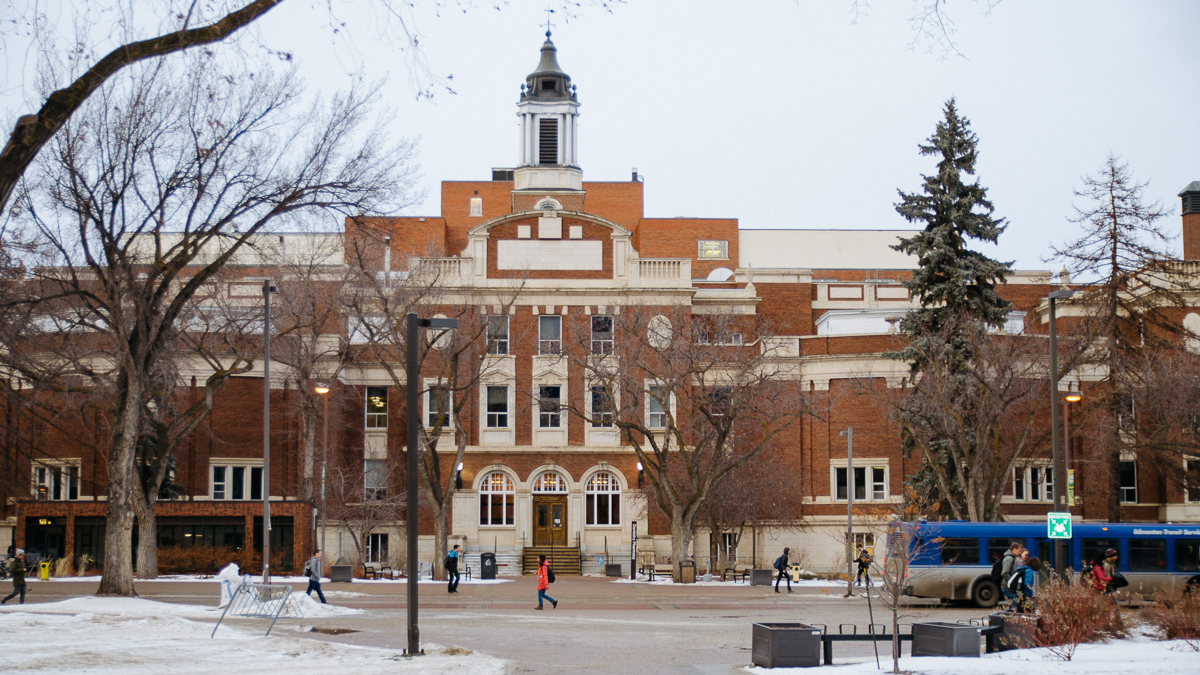 Kesia Dias
Kesia DiasWhy are you in university? Is your degree meant to prepare you for a career — or can it be a source of personal fulfillment, something more than completing assignments and staying up until six in the morning studying for an exam?
In conventional Western thought, a successful and fulfilling life is defined by professional development. We set aside our lives to work for others in a capitalist system where individuals are labourers before they are human. From a young age (and arguably as early as elementary school, given its often inflexible and future-oriented teaching style), we are socialized to treat our younger years as ‘the before’ of something greater, a stillness before motion, a liminal period of time before this promised future hopefully arrives.
This obsession with time — the Western doctrine of progress — manifests in academia as the expectation that university is only preparation for a career. Higher education gets reduced down to an advanced forum of job training.
This view of universities and colleges underlies the actions of many groups, such as the provincial government. For example, Alberta 2030, a government review of post-secondary education, focuses on transforming advanced education to fill the needs of the labour market and “strengthen innovation.” What the review reinforces, however, is the view that career development and building the economy are the primary purposes of university.
While this career focus is, of course, not a wholly negative thing — we need specialized education to prepare students for many careers — it is harmful to our well-being to place such an emphasis on GPA and professional success. This intense pressure to rush through life and to succeed professionally, leads to stress, low self-esteem, and mental illness. We need to take a step back and give ourselves some space to breathe.
It is not uncommon to be unsure of where your life is heading. Many students switch degrees — I began in science before switching to arts — and many take time to finally settle on a career. It is unreasonable to expect young adults to choose a career path right out of high school.
Some do, and to you I commend your self-assuredness, but those of us who don’t are left to flounder in the waves of uncertainty, clinging to the hope of an approximated, mirage-like future. So in the face of not knowing, why not allow yourself to simply be?
Over the past three and a half years, I’ve had the chance to realize that, in some ways, my university experience has benefited my personal life — as a friend, artist, writer, and human. Campus has become not only a place to study but also a second home. There are memories embedded in the cracks in concrete, footsteps and surprised ‘hello’s in the pedways, a landscape that is as much external as internal, embodied and imagined.
I’ve had the privilege to take classes for no other purpose than personal interest: paleontology, with a field trip to the Tyrell Museum, and a creative writing class, where I had the chance to forgo conventional academia in favour of villanelles, haikus and poetry books. When I mentioned to a relative that I was taking a class in poetry, they responded with surprise and an ill-concealed glance of disapproval. Why was I taking poetry, of all things? Why not something useful?
My response, simply, is: why not?
When campus is open and safe, take some time to find the most climbable tree, look for the abandoned second floor door in SUB that leads to nowhere, or gaze into a dinosaur’s ancient eyes in the paleontology museum. Focus on the live music instead of your exam grades and remember that your GPA has never been an accurate evaluation of who you are.
When someone asks why you are in university or what you plan to do with your life, the expectation is that this “doing” is a career. But there is no reason why the focus of your life can’t be something else. Maybe you define success as living with compassion and kindness, spending your free time volunteering, or being a positive presence in others’ lives. Maybe success is traveling, exploring and learning about the world or working on creative projects like art or music.
We tend to live in one side of the world: work but not life, professional but not personal. Like the ocean to the earth, there is more to the human experience than what is immediately visible on the surface. So much of who we are is immaterial and internal — unique and intuitive, contained yet infinite — so why not cultivate that internal space?
It’s ok to do things for yourself sometimes. You know that dream you’ve been thinking about? You should do that. Greet it like an old friend and see what it has to say.




